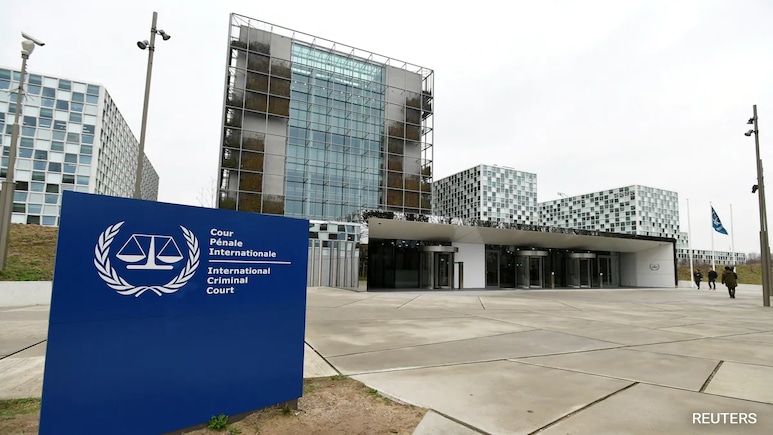EU Threatens Countermeasures as US Sanctions International Criminal Court Over Probes into Israel

In a stark rebuke to US President Donald Trump, the European Union has warned that sanctions imposed on the International Criminal Court (ICC) could threaten its independence and undermine the international judicial system. The move comes after Trump signed an executive order saying the court in The Hague had "abused its power" by issuing an arrest warrant for Israeli Prime Minister Benjamin Netanyahu.
EU Council President Antonio Costa expressed concern about the impact of the sanctions, stating that "sanctioning the ICC threatens the Court's independence and undermines the international criminal justice system as a whole." He made his comments on Twitter, while also meeting with ICC judge Tomoko Akane to assure her of EU support for the institution.
"Sanctions imposed by the administration are illegal under US internal law and have been rejected by other countries, including most EU members," said the spokesperson for the European Commission. "We regret the decision, which can affect investigations and proceedings around the world."
Trump's executive order also mentioned ongoing probes into alleged war crimes committed by US service members in Afghanistan and Israeli troops in Gaza. The tribunal warned that any interference with its investigations could lead to the freezing of assets and travel bans for ICC officials.
While neither the United States nor Israel are members of the ICC, the move has sparked outrage among human rights groups and international organizations. "The EU's stance on this issue reflects their commitment to upholding international justice and accountability," said a spokesperson for the International Human Rights Watch organization.
As tensions escalate between the US and EU over the sanctions, diplomats from both sides are expected to remain locked in high-stakes negotiations over the coming days.
The European Union has assured support for the ICC under its President, calling for respect for the institution's independence. "Independence and impartiality are crucial characteristics of the Court's work," said Costa during a meeting with Akane.
